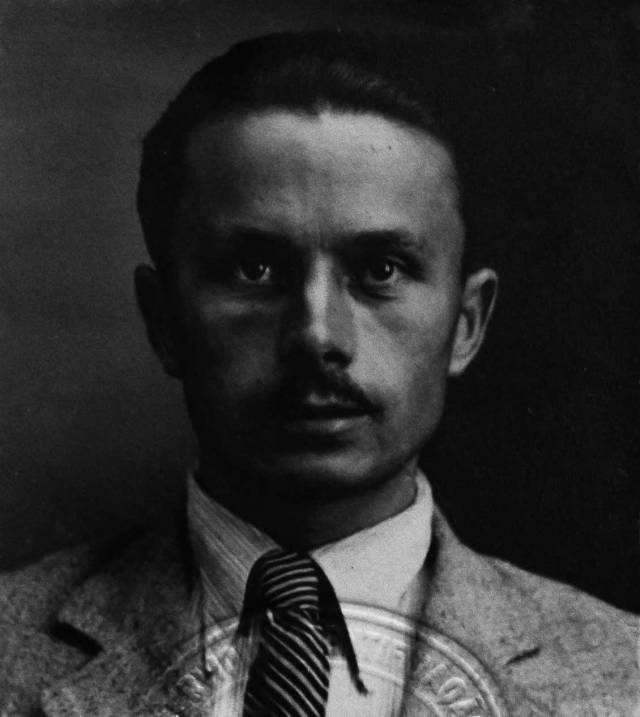I’m an independent researcher and a critical geographer, historian of science and global historian. My research is in the geographies of knowledge, world-systems analysis, and the histories of geography, colonialism and racism, with a focus on the historical relations between Eastern Europe and the Global South or the Third World.
I am currently working on two books. One for Cambridge University Press with James Mark and Péter Apor about the global histories of Hungarian relations to colonialism and anti-colonialism in the long 20th century, entitled “Hungary Between the Colonial and Anti-Colonial Worlds”. The other is my individual book project based on my doctoral research about the global histories of the “quantitative revolution” in geography.
I founded the social media group Decolonizing Eastern Europe (Facebook, Twitter).









